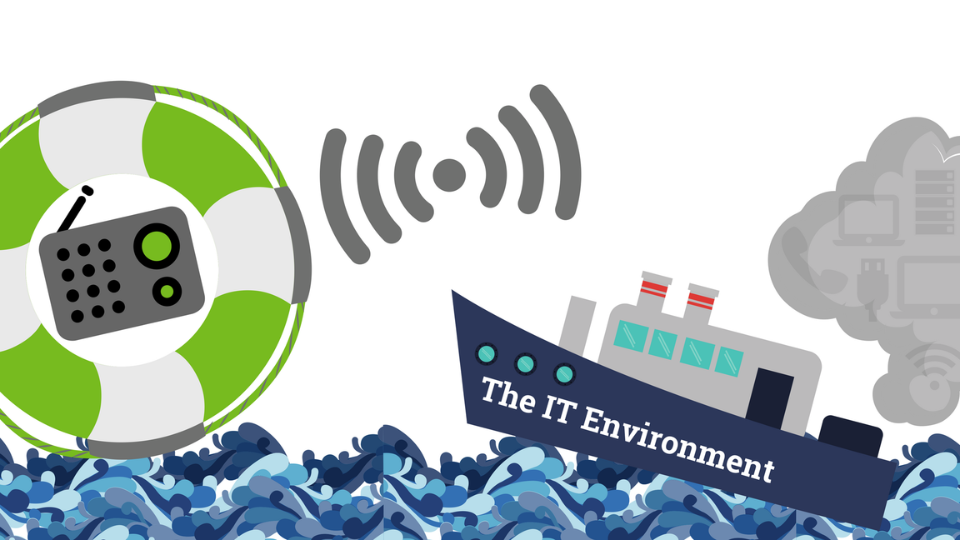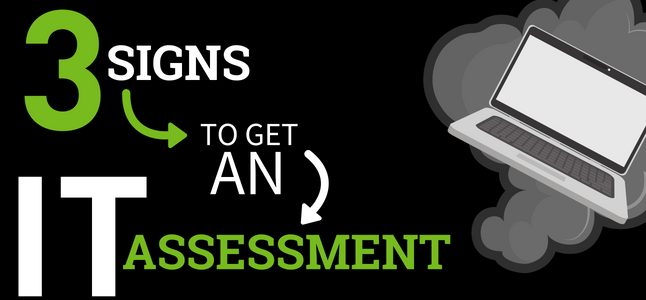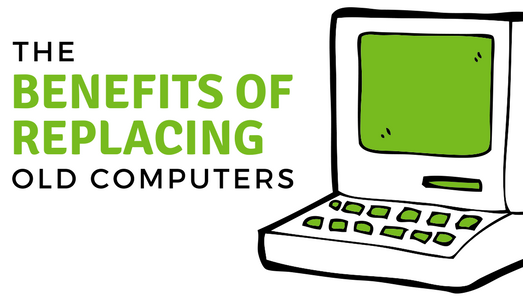Mayday, Mayday! My IT Environment Is Sinking!
Do you feel as though your IT environment is a sinking ship that you are trying to keep afloat? Keeping your IT environment efficient is the best...
Five Nines Team : Jun 20, 2018 3:07:26 PM
2 min read

Business growth does not happen overnight, nor does it happen without addressing what is working well and what isn't working well within an organization. The same goes for the technology that drives your business.
The reality is, your technology should consistently give your organization opportunities to be more efficient and successful. In order to improve how your technology operates within your business, you must conduct an audit to ensure your documentation, processes, and overall technical strategy is aligned with your current business needs.
Here are 7 questions you should be asking when auditing your IT department or Managed Services Provider.
In order to maintain a healthy IT environment, technology standards must be completely defined and implemented throughout your organization with full executive support. If there is no immediate drive toward standardization, it may be time to begin developing standards that can drive your IT department toward standardization.
To increase forward movement when it comes to technology, everything must be documented and accounted for. Are all service requests documented in a database? Are service delivery key performance indicators (KPIs) being reviewed on a consistent basis? It's also important to ensure that all IT projects or technology change requests are being documented and are aligning with strategic growth.
Investing in the right tools to increase integration and performance levels throughout your technology is best managed by consistently monitoring the technical environment. How is performance being reported? Is automation a factor within your technical environment? If basic documentation is being collected on an inconsistent basis, a step in the right direction would be to consult with your department to begin investing in the right technology that can add to an integrated technical tool set.
Formal documentation will help with building momentum within your IT department. Documentation helps show what is working well and what processes need to be improved. All existing processes should be documented, and compliance to process creation and documentation must be high. If your documentation is lacking, start with a basic documentation of processes, and work towards consistently updating and developing IT documentation efforts.
A focus on complying with IT security standards should be a high priority. Similar to the documentation question above, when all IT policies and procedures are documented, they must exactly reflect the documentation and must be measured and reviewed on a consistent basis to ensure that security standards are being complied with. If there is no drive towards IT security compliance, we recommend developing a formal IT security policy to start.
Does your IT department have a formal IT budget based on your technological roadmap? Creating an annual budget for all IT hardware, software, and operation expenses that can be budgeted for in advance will help your organization efficiently strategize when it comes to technology.
When it comes to executive-level forward planning, does your IT department have full participation in strategic efforts? Is there a technological roadmap that is aligned with an overall business plan on a quarterly basis? It's important to maintain a focus on forward planning within your IT department to avoid the day-to-day firefighting that derives from having no formal plan or budget in place. Technology is such a strong piece of any business, therefore it should continuously add value to the strategic pieces of the organization.
If any of these questions resonated with you, it's time to take a deeper look at each topic and the IT efforts of your organization.

Do you feel as though your IT environment is a sinking ship that you are trying to keep afloat? Keeping your IT environment efficient is the best...

An IT environment without a clear direction can easily get lost in the constant twists and turns of tech traffic that is constantly evolving and...

As long as old computers are still running with limited problems, they don't need to be replaced...right? It may seem easy to place these updates on...